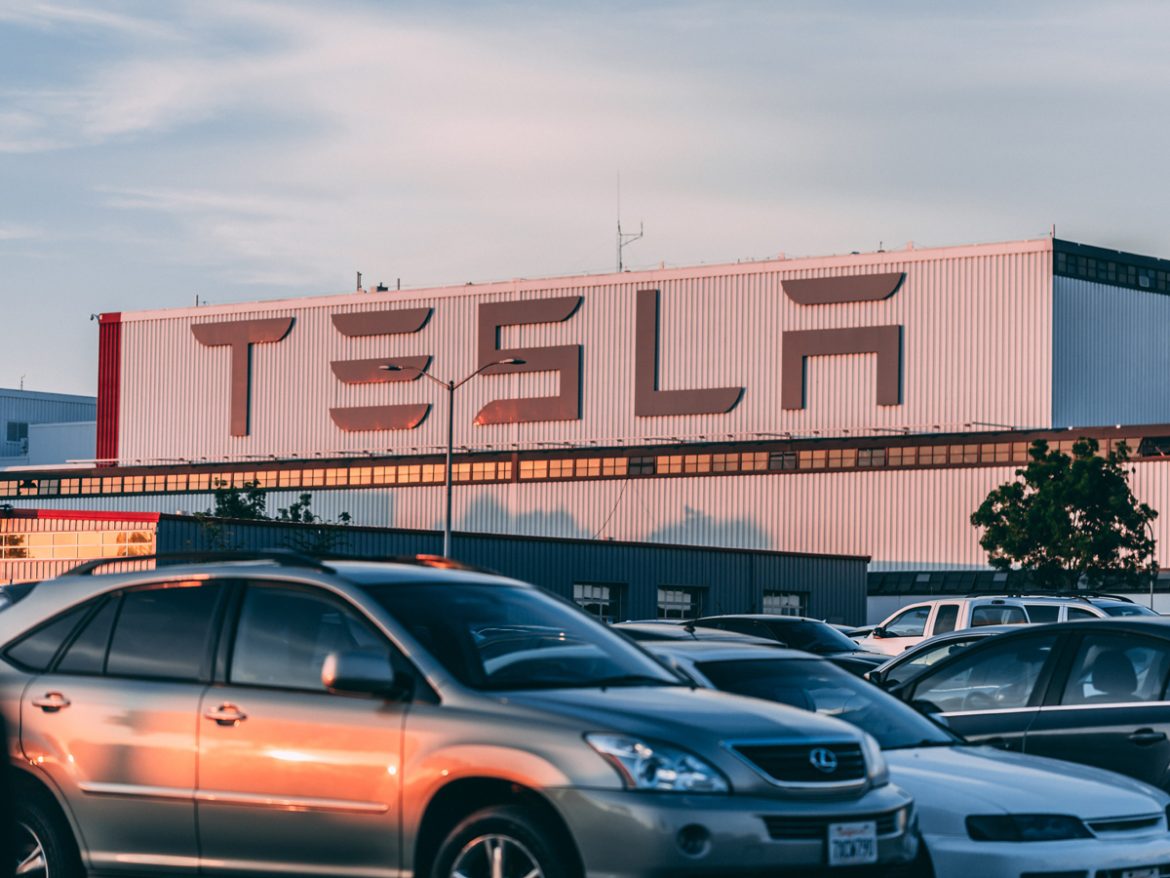A recent legal development saw a U.S. District Judge in San Francisco dismiss an antitrust lawsuit against Tesla, led by Elon Musk. The suit accused the electric car manufacturer of monopolizing the markets for vehicle maintenance and replacement parts, allegedly leading to high repair costs and extended waiting times for customers.
Dismissal basis
In the Friday night decision, Judge Trina Thompson ruled that the customers involved in the proposed class action failed to demonstrate that the alleged issues were unknown or unpredictable when they purchased their Tesla vehicles.
Coercion allegations
Judge Thompson emphasized that customers could not prove Tesla coerced them into using its services and parts merely by choosing to buy their vehicles from the company.
Consumer awareness
The judge noted that while plaintiffs claimed Tesla misled them about maintenance needs, they did not assert that consumers were unaware of the purportedly high prices and extended wait times.
California consumer protection laws
Claims under California consumer protection laws were also dismissed, indicating the complexity of proving coercion and lack of consumer awareness.
Amendment option
Customers, covered by the lawsuit that combined five individual cases, have the option to amend their complaint. This could involve addressing the court’s concerns and providing additional evidence to support their claims.
Silence from customer lawyers
Lawyers representing the customers involved in the lawsuit did not immediately respond to requests for comment, leaving the next legal steps uncertain.
Exclusive servicing requirement
The lawsuit highlighted Tesla’s unique approach, alleging that unlike traditional automakers, Tesla requires its customers to use the company’s services and approved service centers, exclusively relying on Tesla-manufactured parts.
Direct-to-consumer sales
Tesla’s direct-to-consumer sales model, bypassing traditional franchise networks, has been a distinguishing factor in the automotive industry.
Revenue breakdown
While the legal battle unfolded, Tesla reported significant revenue from services and other automotive segments, contributing 9% to its total revenue of USD 71.6 billion from January to September.
The dismissal of the antitrust lawsuit against Tesla marks a significant legal development. As customers explore potential amendments to their complaint, the case sheds light on the challenges of proving coercion and lack of consumer awareness in a market dominated by unique business models like Tesla’s direct sales approach. The outcome may influence how automakers structure their service and parts ecosystems in the future.



